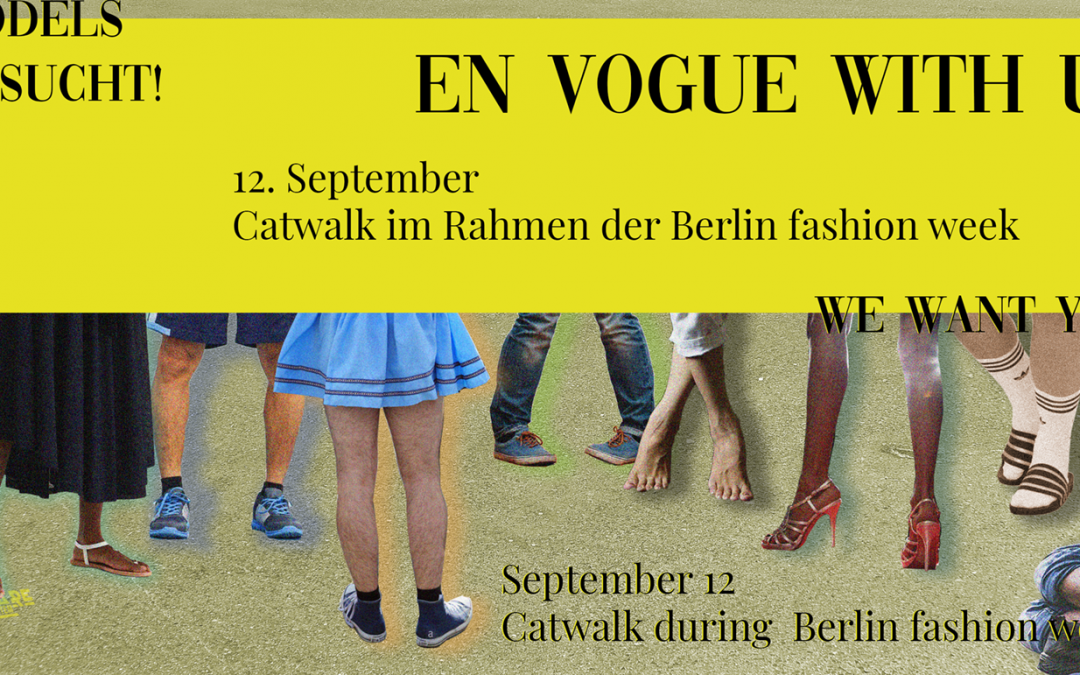
Walk with us!
Walk with us!
Do you want to be a model at Fashion Week Berlin and present Berlin's most sustainable fashion label STREETWARE Saved Item? We create the ultimate urban outfit from discarded textiles directly from the streetsand set new fashion standards. With STREEWARE you can revolutionize the fashion scene!
With us ALL people can apply, completely independent of age, dress size, gender and appearance - you are perfect!
So that you can shine at our fashion show on September 12, 2021, you will receive a professional catwalk training in advance and an individual styling for your grand entrance.
Have we piqued your interest and curiosity? Then fill out the form until September 4, 24:00 hrs and we will get back to you.
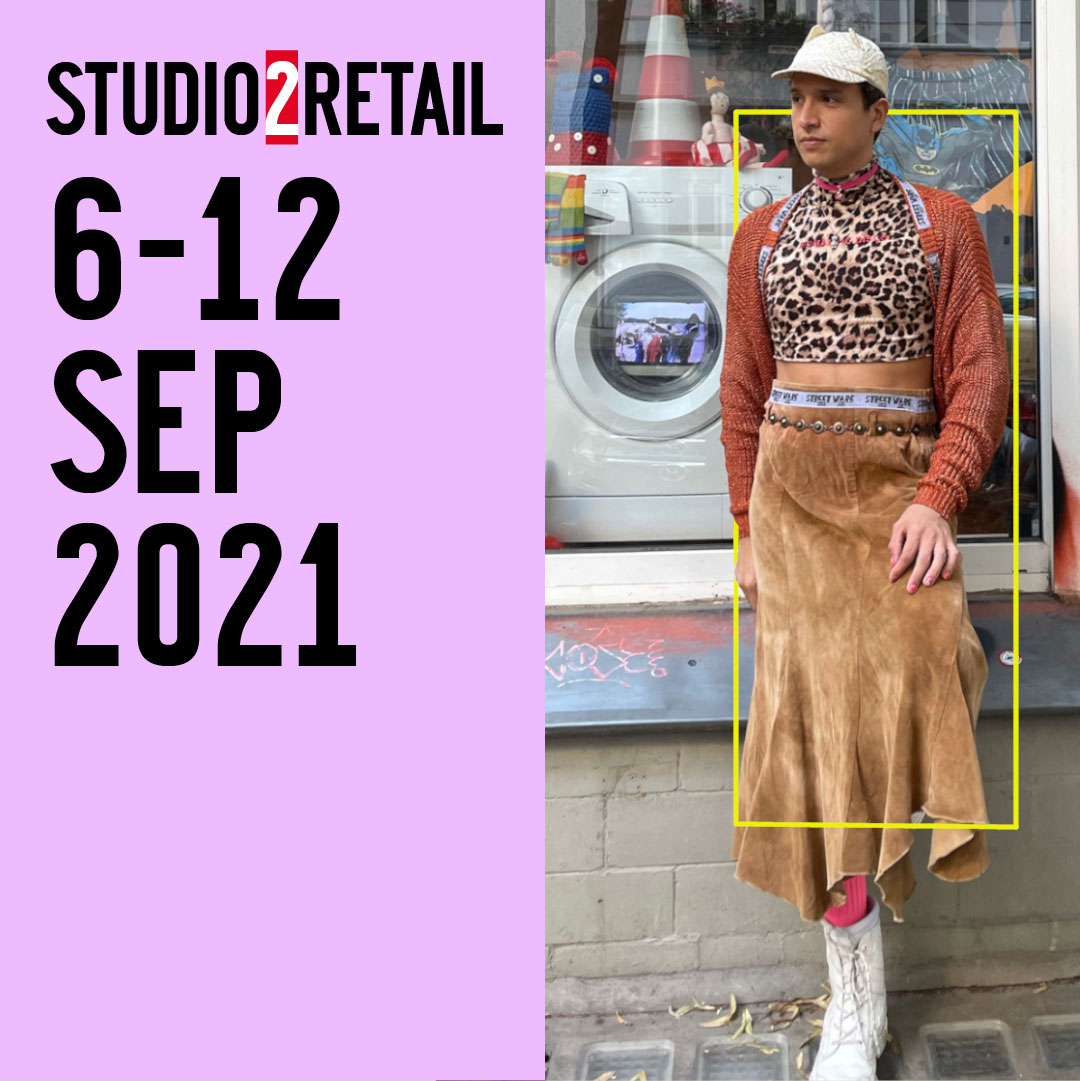



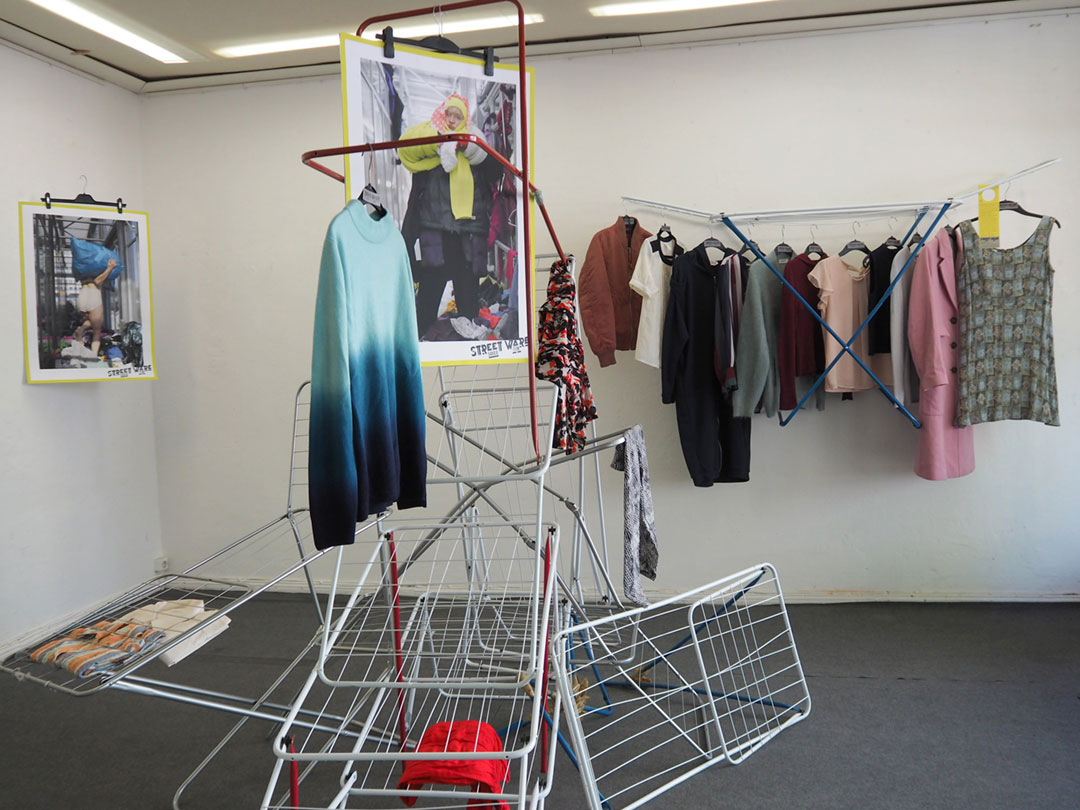
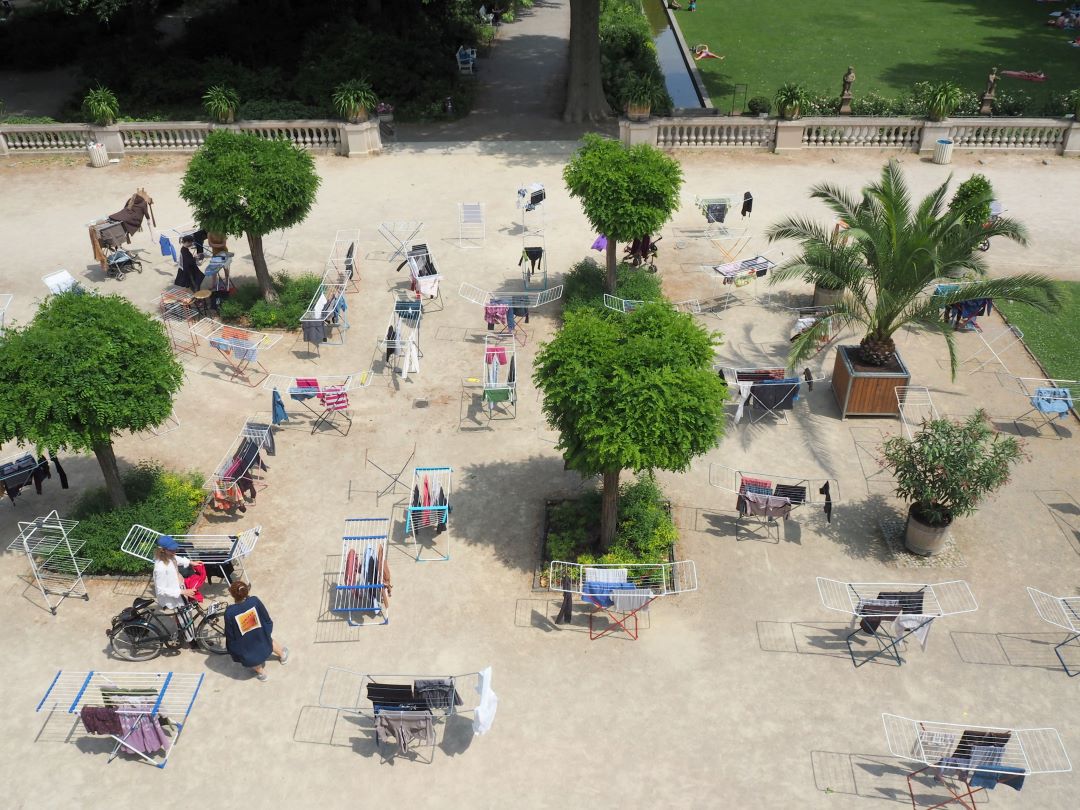
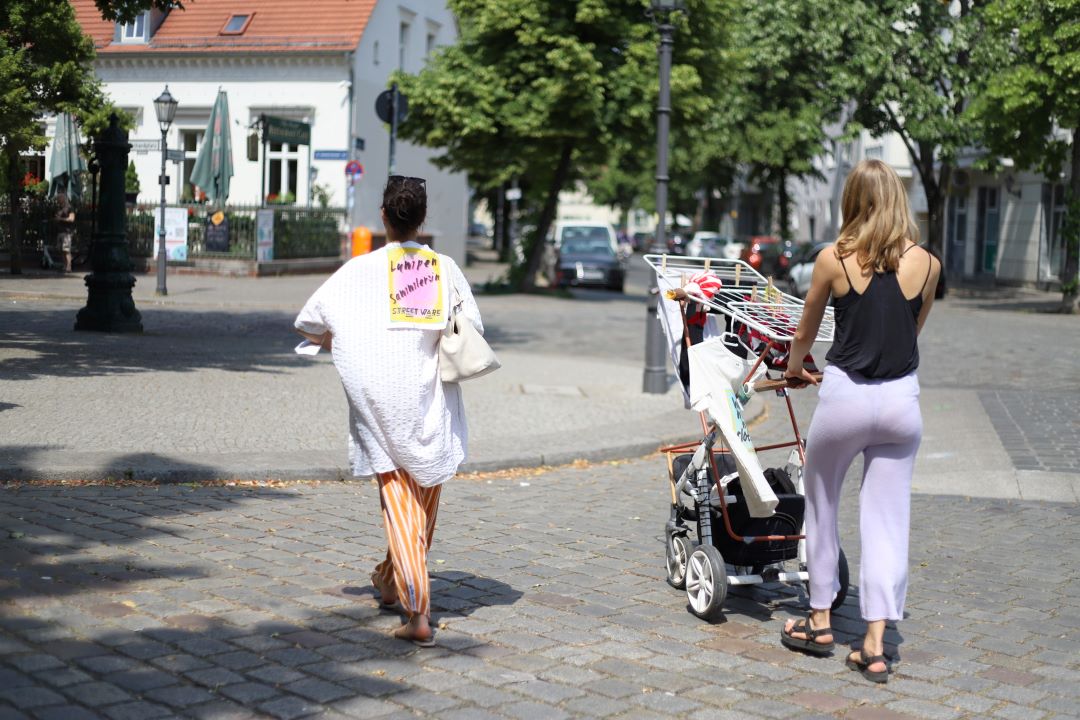
Recent Comments